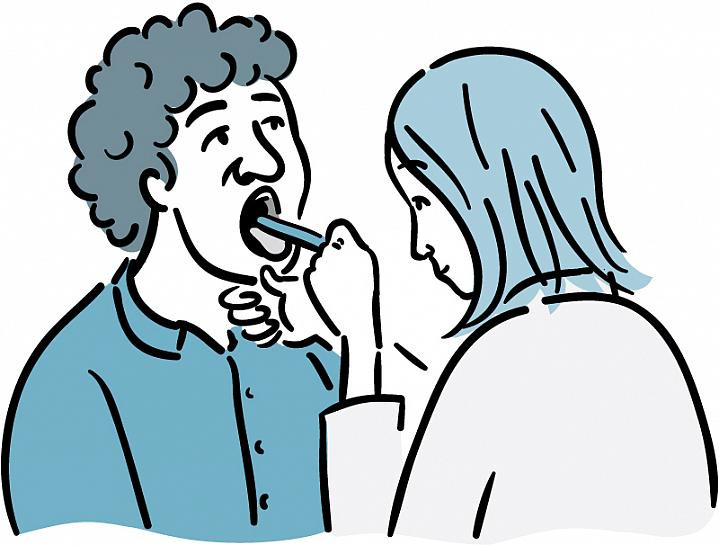When Your Throat Hurts: Tips for Relieving Discomfort and Pain

Are you feeling the uncomfortable sensation of a scratchy throat? It's not only painful but can also make it hard for you to swallow. But don't worry, there are plenty of remedies out there that can help soothe your sore throat. However, sometimes a sore throat is more than just an irritation and could be a sign of a deeper infection. In this blog post, we'll take a closer look at how to relieve the discomfort associated with a sore throat and when it's important to seek medical attention. So sit back, grab some tea with honey, and let's dive into the world of sore throats!
Around this time of year, we all get sore throats. Your throat feels scratchy and may hurt when you swallow. How can you relieve a sore throat? And when is it a sign of something more serious?
It is common for sore throats to be caused by viral infections, such as the common cold or flu. These throat problems are usually temporary and will go away on their own.
Keep your throat moist to soothe your irritated throat. Dr. Valerie Riddle, an infectious disease expert at the NIH, says that sore throats usually seem worse in the morning because your throat gets so dry overnight. You should drink plenty of fluids, as well as chew lozenges or hard candies to keep your throat moist.
Throat pain can also be soothed by throat sprays and over-the-counter pain relievers, such as acetaminophen, ibuprofen, or aspirin, but do not give aspirin to young children.
When your sore throat is severe, doesn't feel better after a few days, or is accompanied by a high fever or swollen glands, you should visit your doctor. Antibiotics won't help at all if your sore throat is caused by a virus, but they're essential for fighting bacteria like strep throat.
Strep throat is extremely common, especially among children between five and fifteen. However, it can be tough to identify in younger kids as the usual symptoms – a sore throat, runny nose, fever over 100.4°F, swollen glands, nausea and vomiting, and stomach pain – may mimic a cold. To be sure your child isn't suffering from strep, Riddle suggests seeing a doctor should they display any of these signs.
In order to determine if you have strep throat, your doctor will take a throat swab. If the test results confirm that you have strep throat, you'll receive antibiotics. After taking them for 24 hours, you'll no longer be contagious. It's important to finish all of the medicine in order to fully recover. You'll likely feel better within a couple of days.
In addition to the infection spreading, there are potential complications from untreated strep throat, such as ear infections, rheumatic fever, and kidney issues.
Lotsillitis is another throat infection that occurs when your tonsils are sore and swollen. Several of the same viruses and bacteria cause tonsillitis and strep throat. To remove your tonsils, you may need surgery (called a tonsillectomy) if you suffer from tonsillitis or strep throat frequently.
Keep your hands clean, avoid people who have colds or other contagious infections, and avoid second-hand smoke, which can irritate your throat.









